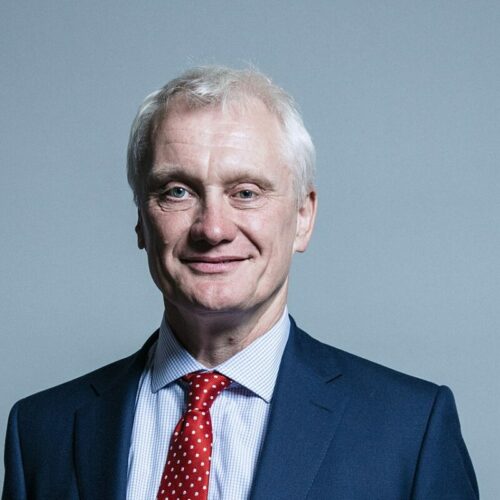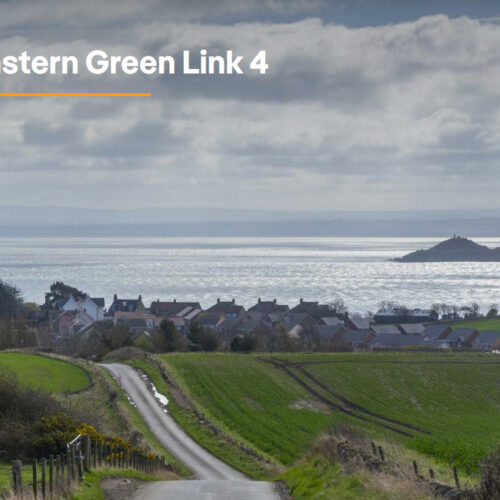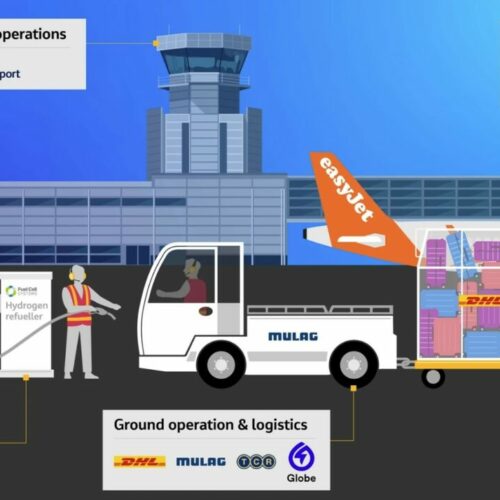The Government has announced a new £7 million fund to support reliable connectivity in remote areas in the UK.
Split across four broad themes of connectivity, growth, housing and communities, the publication includes accelerating electricity network connections to ensure rural areas can manage the additional consumer electrical inputs such as electrified heat and electric vehicle (EV) charging.
The “Unleashing Rural Opportunity” publication will be formally released at the Future Countryside Conference by secretary of state for rural affairs, Thérèse Coffey.
“I have pledged to build a better future for people in this country, and our rural communities are right at the heart of that promise,” said Prime Minister Rishi Sunak.
“That’s why I’m determined to make sure that their interests are front and centre of all our work to grow the economy and strengthen our communities – so that every part of our country gets the support it needs to thrive.”
Environment Secretary, Thérèse Coffey added: “The countryside makes up over 90% of the UK’s land mass, it is home to millions of people, and contributes over £250 billion to our economy in England alone. Rural areas are rich in human and natural potential with strong communities and entrepreneurial businesses.”
“This government is committed to making sure that the needs of people and businesses in rural areas are at the heart of policymaking. We want to go further in unleashing that potential and support people in rural areas to build the sustainable future they want to see. Unleashing Rural Opportunity sets out what we have already delivered for rural communities and new initiatives to build on that record,” Coffee added.
An increasing number of investments have been announced recently to support the rollout of EV charging in the more rural parts of the UK.
Earlier this year, Octopus Investments announced it would invest £50 million in the EV chargepoint operator Weev to bolster Northern Ireland’s EV charging network.
In addition, today (7 June) the Welsh government declared it would invest £15 million to boost the country’s EV charging capabilities in time for the phase out of ICE vehicles in 2030.




